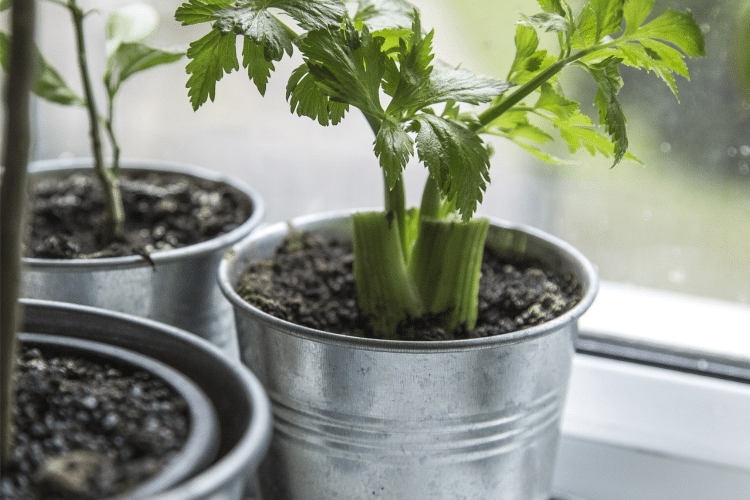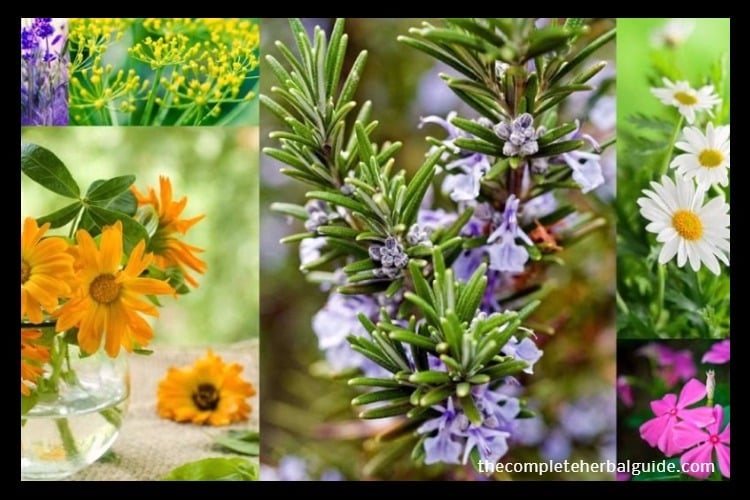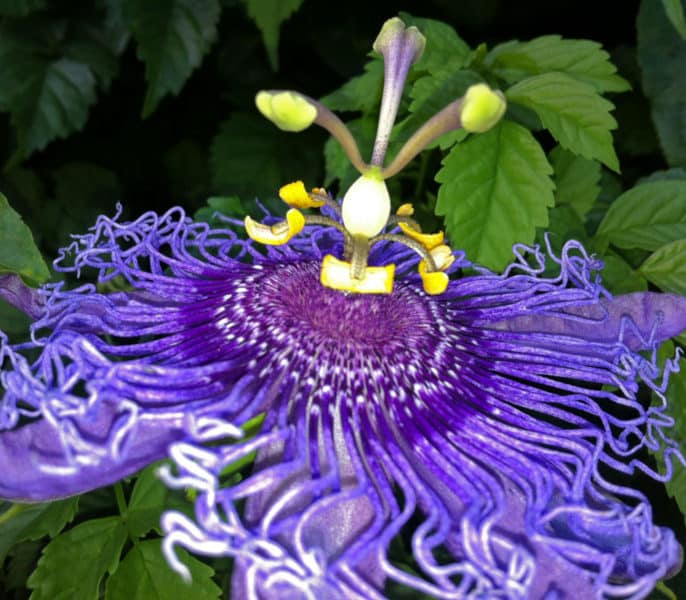
Best Medicinal Herbs You Can Grow in Your Garden
Table of Contents
What Medicinal herbs can you grow in your garden?
Growing and using medicinal plants has been a practice for centuries and lately, it has gained popularity as an alternative method to commercial drugs. The benefits of growing your own medicinal garden are the reduction of dependence or ideally elimination of the need for pharmaceuticals. But before you start you should scroll through to discover which are the herbs you want to grow in order to enjoy its health benefits.
There are many plants that require the expertise of health professionals or experienced herbalists. Some herbs such as Digitalis purpurea also called foxglove to have a positive effect on heart function only when a cardiac drug called digitalin is extracted from it while ingesting any part of the herb itself can induce nausea and vomiting and can lead to total collapse.
It is very important to be careful with herbs in your garden and learn which ones can actually help you through simple preparation (tea, infusions, poultices, powders).
Peppermint for the stomach problems

A herb such as peppermint (also known as Mentha balsamea Wild) is a must-have for your garden. Peppermint is, in fact, a hybrid mint (genus Mentha), a cross between watermint and spearmint. We all know it as the main ingredient in breath mints, gums, and chapsticks, but, a small amount of peppermint can actually be dissolved in tea and can help you with several health issues such as calm the stomach, relieve gas, prevent nausea, and vomiting.
Pick a spot in your garden where there is enough room for peppermint to spread and make sure to give it plenty of water!
Thyme for respiratory infections
Thyme (genus Thymus of the mint family Lamiaceae) is a popular seasoning in the kitchen. This amazing perennial herb does wonders for the throat and mouth, besides being a popular seasoning in the kitchen. You can use it as a gargle for bad breath or to heal mouth sores, it may help with tonsillitis and laryngitis. The best part is that you can mix thyme with honey to treat bronchitis, asthma, cough, respiratory infections, and congestion.
Experienced landscape designers advise planting thyme near cabbage or tomatoes in the garden and regularly trimming the plants (when they get leggy) because pruning encourages the plant to thrive.
Sage for hormonal disbalance

As well as thyme, sage (Salvia officinalis, the largest genus of plants in the mint family – Lamiaceae) is another common kitchen herb that has great health benefits. In the kitchen, it can improve appetite, and prevent gas, while as a medicinal herb it can regulate hormones in women. It relieves the symptoms of PMS and menopause. You can make sage tea and inhale the fumes to relieve breathing issues and sore throat and it can be neuroprotective to help with brain diseases.
Sage will grow almost anywhere, but it thrives in places where there’s a lot of sunlight. It can be grown in a pot, container as well as the garden as long as it has well-drained, sandy, and loamy soil. Sage is a drought-tolerant herb but you should wait until the soil is dry to water it.
Echinacea as an immune booster
Echinacea is one of the best medicinal herbs for strengthening the immune system. It has developed a reputation for its ability to fight bacterial and viral infections. You have probably noticed that there are many commercial Echinacea products available but that doesn’t mean you shouldn’t grow your own. Echinacea belongs to a group of herbaceous flowering plants in the daisy family and looks amazing with its beautiful, showy flowers.
The best part is that Echinacea is an easy-care, low-water plant and has wonderful blooms that will give a special touch to every garden (plus the medicinal properties which make it a perfect combo for every garden). Choose a sunny location for your Echinacea plant with rich soil and watch how it attracts bees and butterflies.
After deciding which of the medicinal herbs you want to include in your garden and before all the munching, mashing, and brewing, keep in mind not to overdo it, start with a small quantity. Later when you become more experienced you can expand your medicinal herbs collection. Also, make sure that none of your family members are allergic to any of the plants because they do contain powerful bioactive compounds that can cause harm and therefore should be handled with care and consideration!
The List
What are the best medicinal herbs to grow in your garden?
The following are the best medicinal herbs to consider growing in your garden.
Other Items To Consider
Indoor Herb Garden Starter Kit
AeroGarden Harvest with Gourmet Herb Seed Pod Kit – Hydroponic Indoor Garden, Black
Indoor Herb Garden 10 Non-GMO Herbs






















